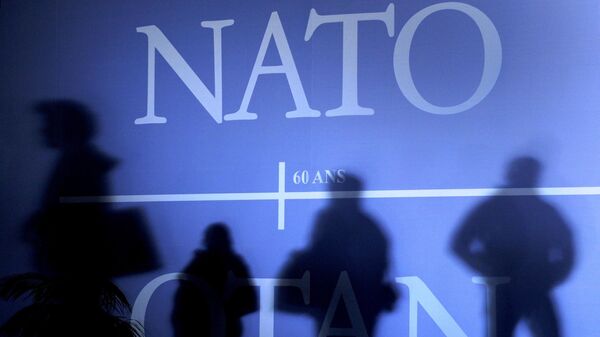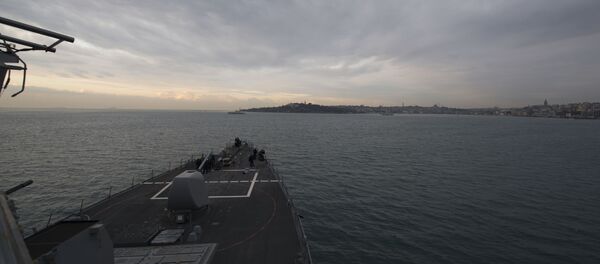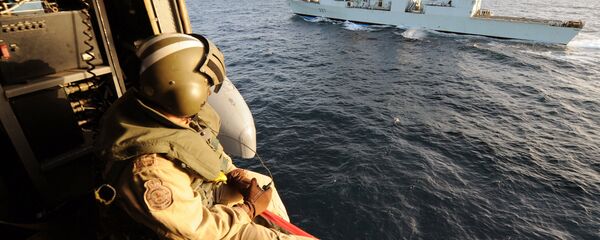"Our [Italian] military personnel’s presence is certainly a way of resuming establishing international tensions. And we want the atmosphere to be less tensed and of course this is not the [right] way to achieve this goal," Di Maio, one of the leaders of the Italy's opposition Five Star Movement (M5S) party, told RIA Novosti in an interview.
Di Maio added that the opposition movement did not want Italy to leave NATO, but it favored "going beyond" the alliance, as there is a necessity in establishing a coalition to address the new threat, which is terrorism.
In July, NATO Secretary General Jens Stoltenberg said that the Alliance would strengthen its military presence in Eastern Europe on a rotational basis with four battalions in Poland and in the Baltic nations.
Since 2014, relations between Russia and the European Union have soured amid the crisis in Ukraine. Brussels, Washington and their allies have introduced several rounds of anti-Russia sanctions since Crimea became part of Russia in 2014 and over Moscow's alleged involvement in the conflict between the pro-independence eastern Ukrainian militias and Kiev. Russia has repeatedly refuted the allegations, warning that the Western sanctions are counterproductive and undermine global stability.
Since then, NATO has been building up its military presence in Europe, particularly in eastern European countries bordering Russia, using Moscow's alleged interference in Ukraine as a pretext, as well. As part of the cooling in relations, the NATO-Russia Council, created in 2002 suspended all practical civilian and military cooperation with Moscow.




